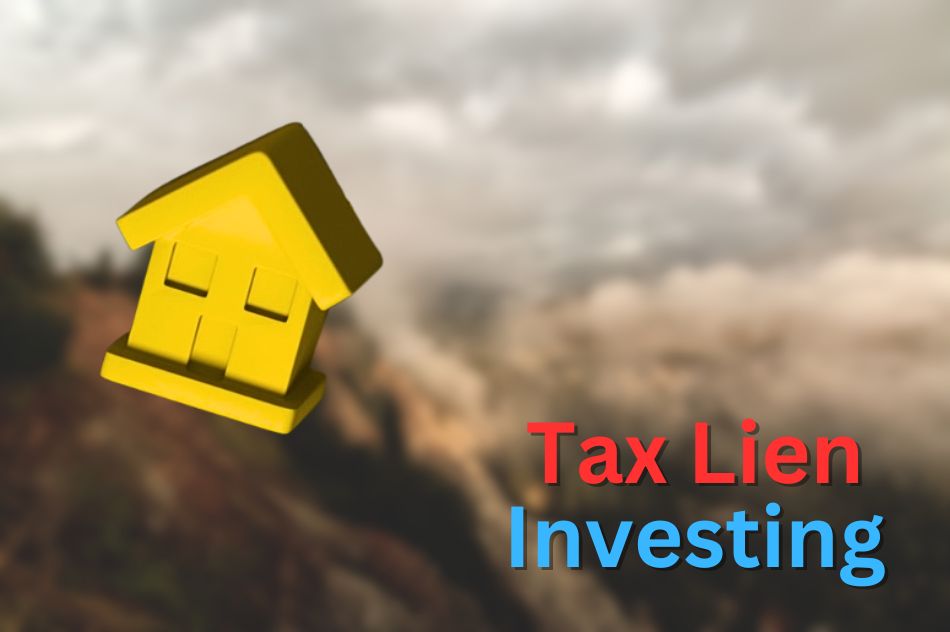Embarking on the journey of tax lien investing holds promise for lucrative returns, but navigating the legal landscape is paramount for success. This comprehensive guide will delve into the crucial legal aspects every investor should know when venturing into tax lien investments. As we explore the intricacies, we’ll integrate valuable insights from renowned real estate expert Brian Petersen to provide a well-rounded understanding of the legal nuances in tax lien investing.
Understanding the Legal Foundation of Tax Lien Investing
Tax lien investing operates within a legal framework governed by federal, state, and local regulations. Investors should understand the legal foundation, starting with the fundamental concept that local governments issue tax liens to recover unpaid property taxes. Brian Peterson often emphasizes the importance of a solid legal understanding as the cornerstone of any successful investment strategy.
Due Diligence: A Legal Imperative
Before diving into tax lien investments, due diligence is crucial from a legal perspective. This involves researching properties, assessing liens, and understanding the associated risks. Peterson underscores the legal significance of due diligence, stating that a thorough investigation can uncover potential complications, such as other outstanding debts or legal disputes tied to the property.
Redemption Periods and Legal Timeframes
One of the critical legal aspects of tax lien investing is the concept of redemption periods. These periods vary by jurisdiction and dictate the time property owners have to redeem their property by paying the outstanding taxes. Investors need to be aware of these legal timeframes, as they impact the potential duration of their investment and the likelihood of property acquisition.
Local Laws and Regulations: A Mosaic of Complexity
Each locality has its own set of laws and regulations governing tax lien investing. Peterson stresses the need for investors to understand these local intricacies thoroughly. From auction procedures to redemption rules, being well-versed in the specific legal landscape of a chosen area is vital for making informed and legally sound investment decisions.
Legal Risks and Mitigation Strategies
Legal risks are inherent in any investment, and tax lien investing is no exception. Peterson suggests that investors should be aware of potential legal challenges, such as bankruptcy filings by property owners or disputes over the validity of the tax lien. Legal consultation and a proactive approach to risk management are advisable to mitigate these risks.
Title Searches and Property Ownership: Ensuring Legal Clarity
Performing title searches is a legal safeguard in tax lien investing. Peterson emphasizes the importance of verifying property ownership and identifying existing liens or legal encumbrances. This legal due diligence ensures that investors are well-informed about the property’s legal status and potential complications that may arise during the investment period.
Legal Implications of Property Acquisition
In cases where property acquisition becomes the outcome, understanding the legal implications is paramount. Peterson recommends consulting legal professionals to navigate the complexities of transferring ownership, addressing any outstanding debts tied to the property, and ensuring a seamless legal transition.
Legal Compliance and Ethical Considerations
Legal compliance is a requirement and an ethical consideration in tax lien investing. Peterson underscores the importance of ethical conduct and adherence to legal guidelines. This includes transparent communication with property owners, compliance with local regulations, and ethical business practices that contribute to the overall integrity of the industry.
Conclusion:
In conclusion, tax lien investing offers a unique avenue for financial growth, but success hinges on legal literacy. Investors can confidently navigate the legal complexities by understanding the legal foundations, conducting thorough due diligence, and heeding the insights of seasoned professionals like Brian Peterson. Legal awareness safeguards investments and contributes to the responsible and ethical growth of the tax lien investing community. As you embark on your tax lien investment journey, remember that legal knowledge is your most valuable asset in building a robust and successful investment portfolio.


